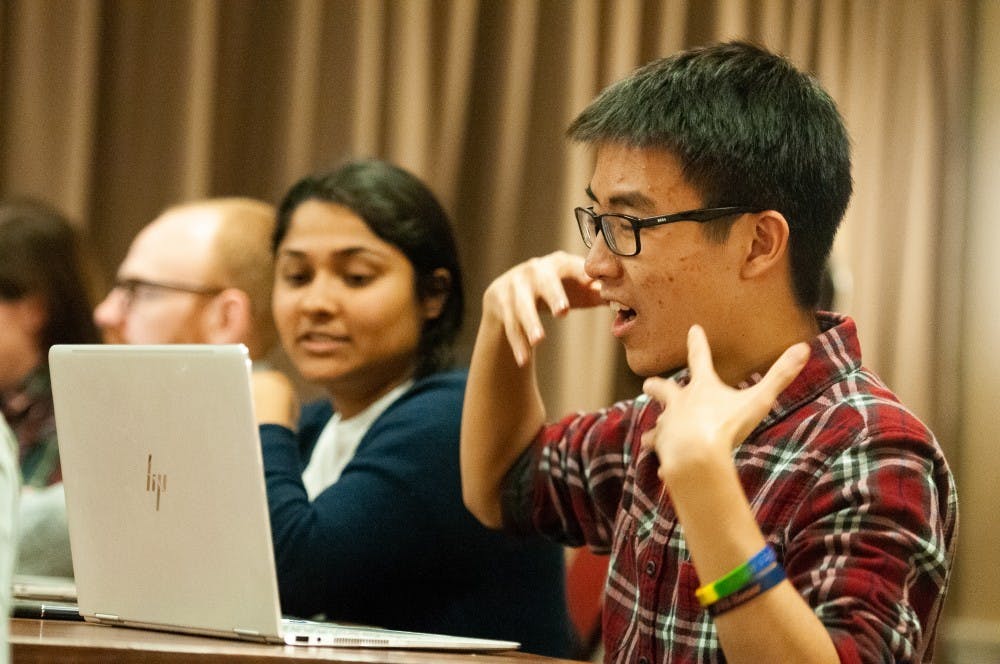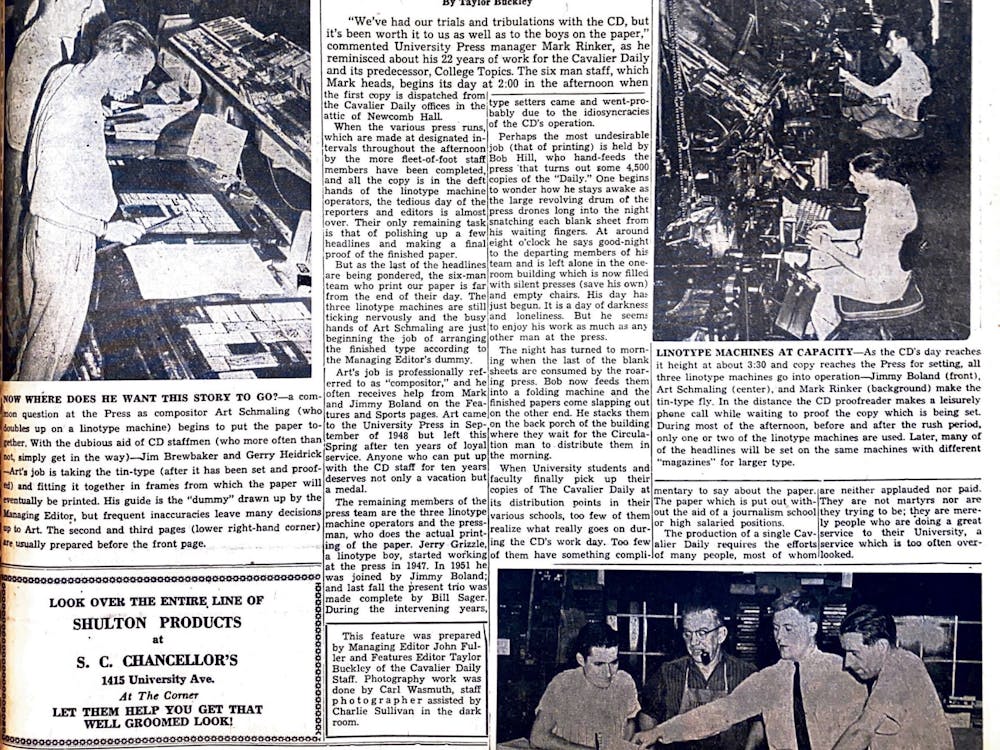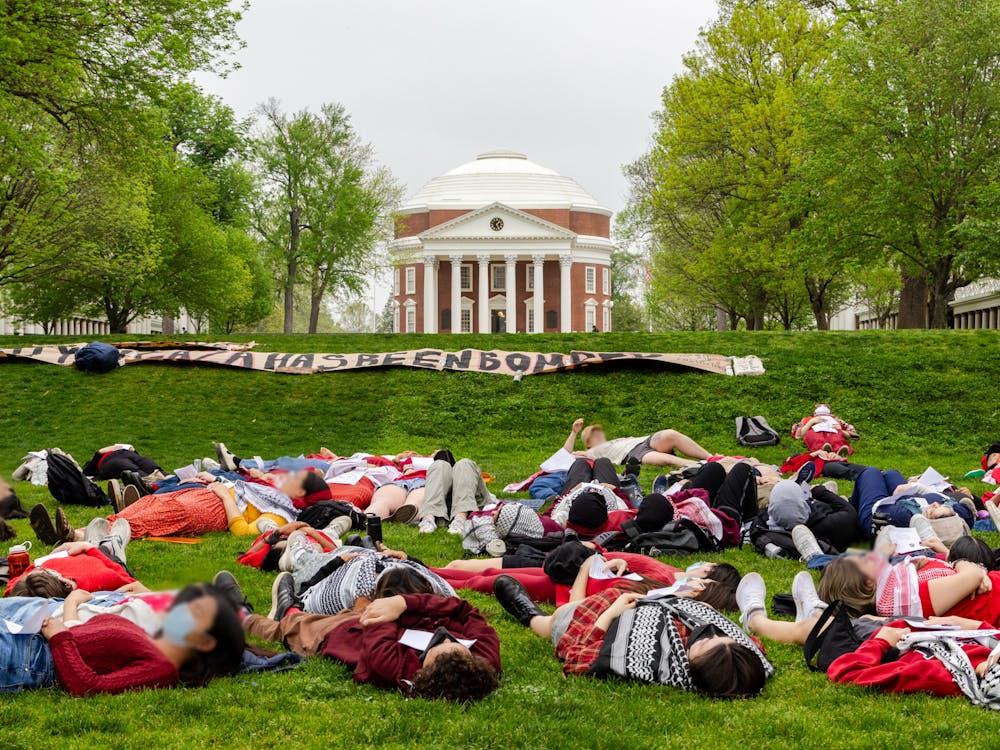Honor Committee members discussed four amendments to the Committee’s bylaws Sunday evening allowing Public Summary information on Informed Retractions of related offenses to be used as evidence in an Honor trial. Public Summaries are an online publication of annual Honor sanction outcomes at the University, with the far majority of them being anonymous. According to the website where they are posted, the summaries are “meant to better inform the University student body about the workings of the Honor System in regard to the major issues brought forth at Honor hearings.”
The amendments would affect multiple sections of the bylaws, adding to sections regarding the Informed Retraction, Investigations Panel, Pre-Hearing Conferences and Public Summaries of hearings.
According to the Honor Committee’s website, an Informed Retraction allows a student who has been reported to the Honor Committee to take responsibility both by admitting the offense to all affected parties and by taking a full two-semester Honor Leave of Absence from the University community.
In Section II.B(14) of the bylaws, which concerns the IR, a sentence would be added — “In cases in which students are reported for related offenses, if one or more students take the IR but one or more do not, this Official Summary may be provided as evidence to any Investigative Panel or Hearing Panel that considers the case.”
The amendment would also affects the bylaws on the Investigative Panel, the pre-hearing part of the Honor trial process. After the student has the opportunity to take the IR, the case is brought before an I-Panel in which three Committee members review evidence to decide if there is sufficient cause for the case to proceed to a full trial, where final decisions on the guilty or not guilty verdict of the case are administered.
In the I-Panel section of the bylaws, the amendment would add the subsection, “Official Summaries of Honor cases are not Related Evidence, except for in cases involving related offenses, in which at least one reported student took the Informed Retraction. In such cases, the Official Summary of any Informed Retraction(s) shall be considered as evidence and included in an Investigation Log.”
Section IV.H (8)(i) of the bylaws currently reads “Student Panelists shall be instructed that the results of prior Honor cases, as described in any Official Summary or otherwise, are not to be considered in their deliberations to any Honor hearing.”
The amendment would add the following phrase to the bylaw — “except for in cases involving related offenses, in which at least one reported student took the Informed Retraction. In such cases, the Official Summary of any Informed Retraction(s) may be considered as evidence at a hearing and considered in deliberations.”
Law Representative Lindsay Fisher said that the proposed changes were constructed to help the Committee find out the truth about an alleged Honor offense and thus deliver a more accurate verdict. Depending on the evidence, this could either further help or hurt a student, according to Fisher.
“In talking with people about other cases that have come up, it could be a detriment to the student, but it could also be a benefit to a student,” Fisher said. “We also thought that this was a proposal that gets us closer to finding the truth in a case.”
According to Fisher, adding phrases to the bylaw with the amendments was a needed improvement because the current language reflects “that official summaries of Honor cases are not relevant evidence.”
Third-year College Representative Derrick Wang provided a scenario in which the proposed amendments would alter an investigation.
“I think the point of the proposal is, suppose two students are reported together for collaborating on one assignment and one student says, ‘I cheated off the other student in this case and he had nothing to do with it, he didn’t provide me his answers, I just cheated off him, so I’m going to take the IR,’” Wang said. “That information is it seems truly relevant to the other student’s case if they’re trying to make the case that they did not commit the Honor offense.”
Wang summarized his scenario by stating the current lack of Public Summary information that Honor trials operate under.
“Under our current sort of system, there doesn’t seem to be a way for that information to be incorporated,” Wang said.
The amendments are to be reviewed by the Honor Committee’s legal counsel this week and are expected to be voted on next Sunday.





